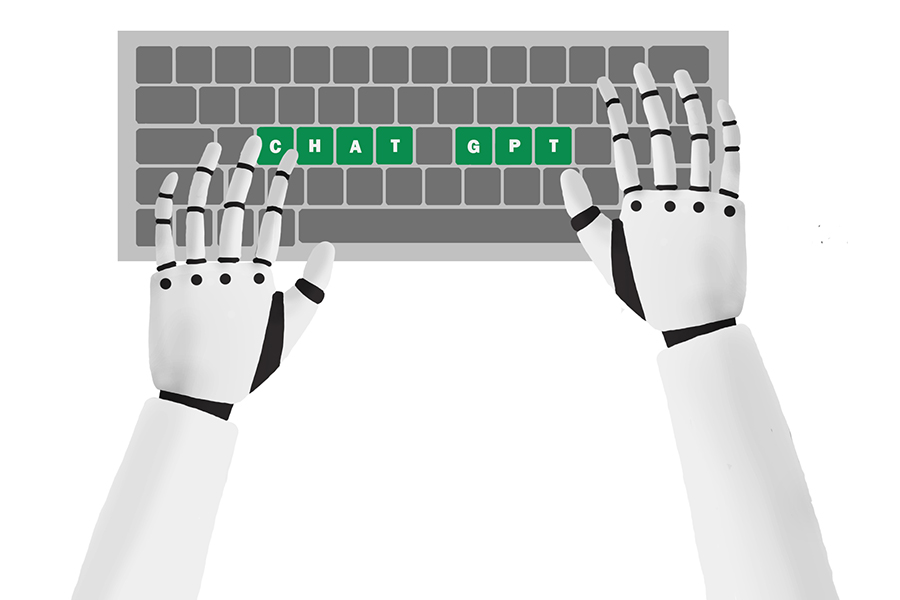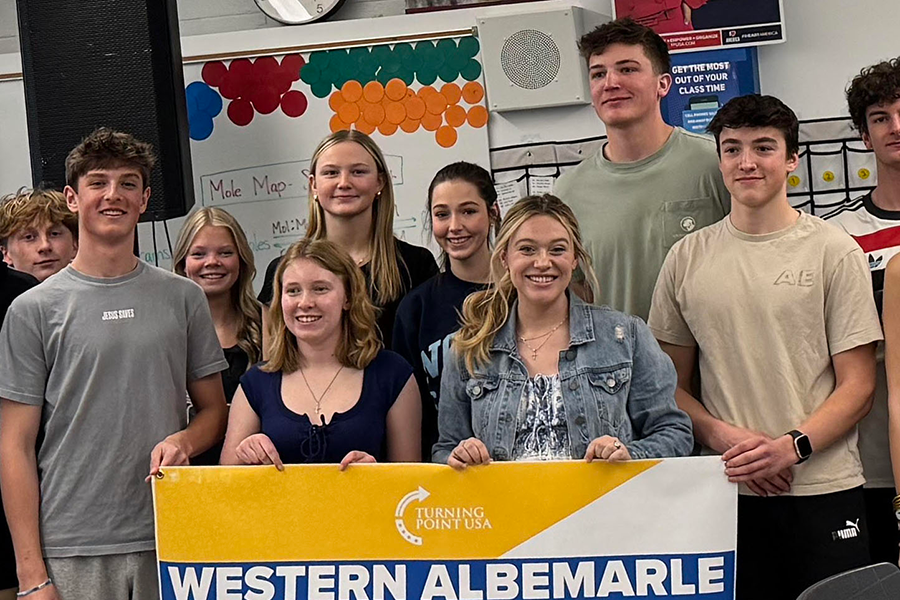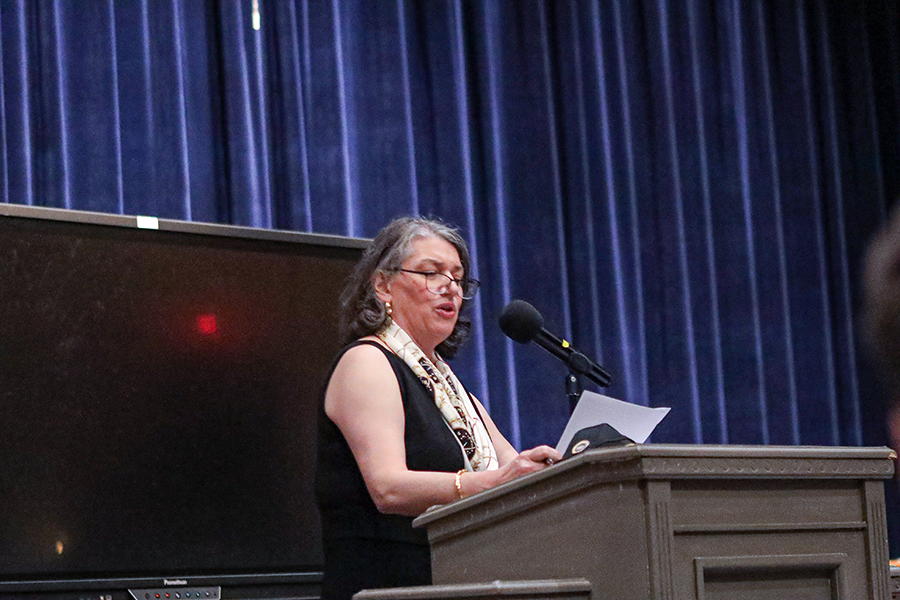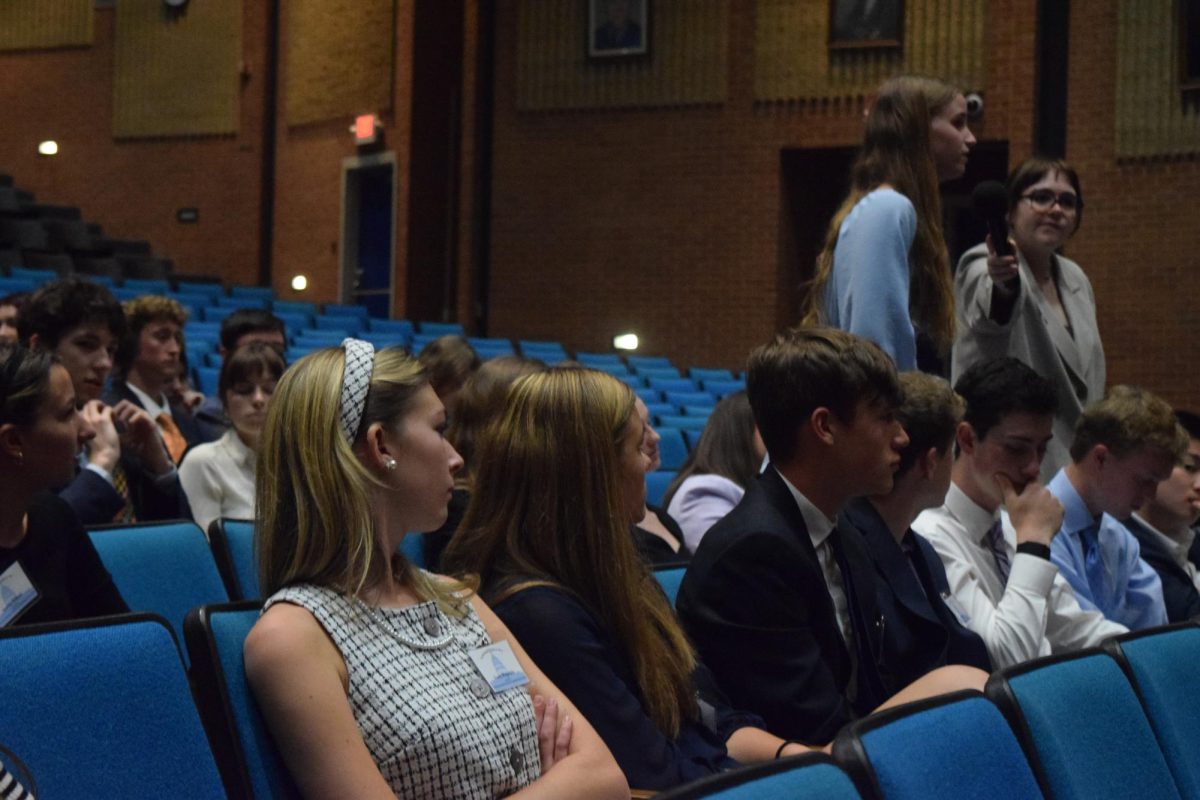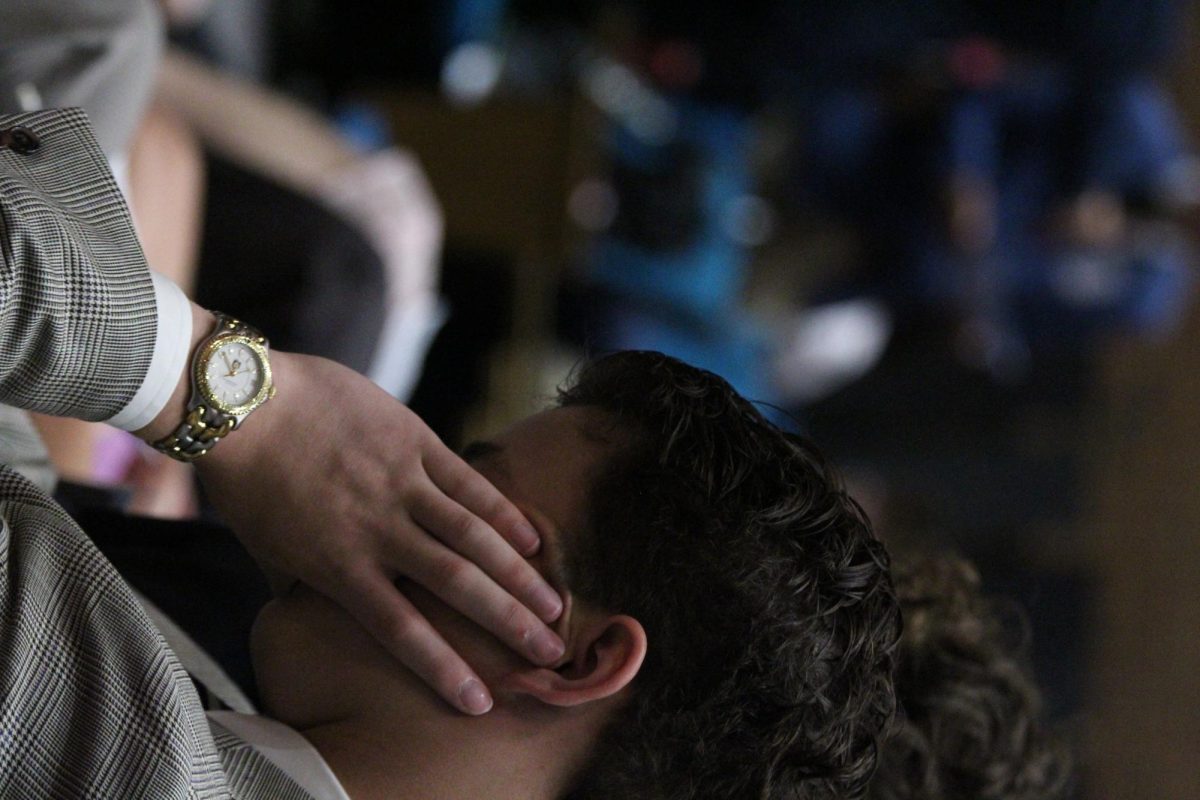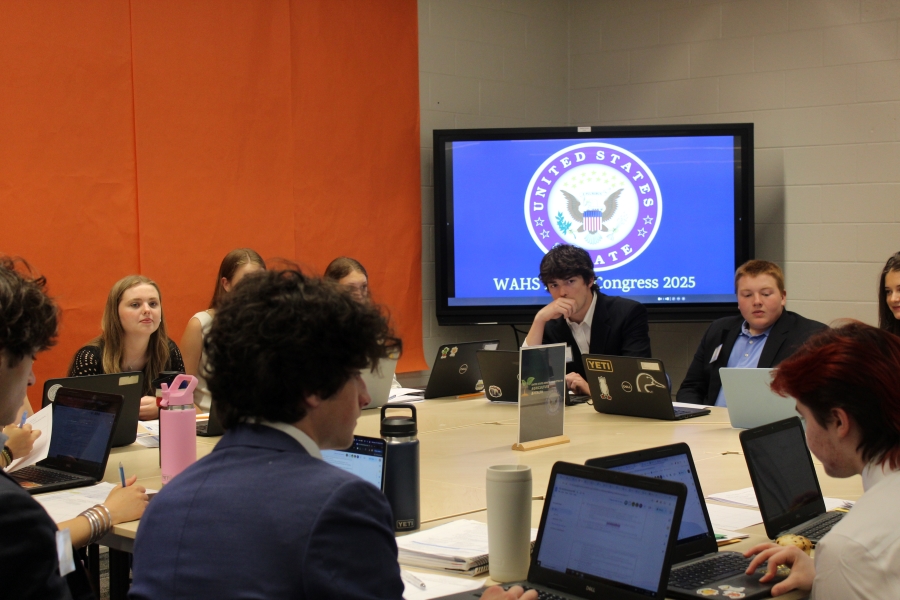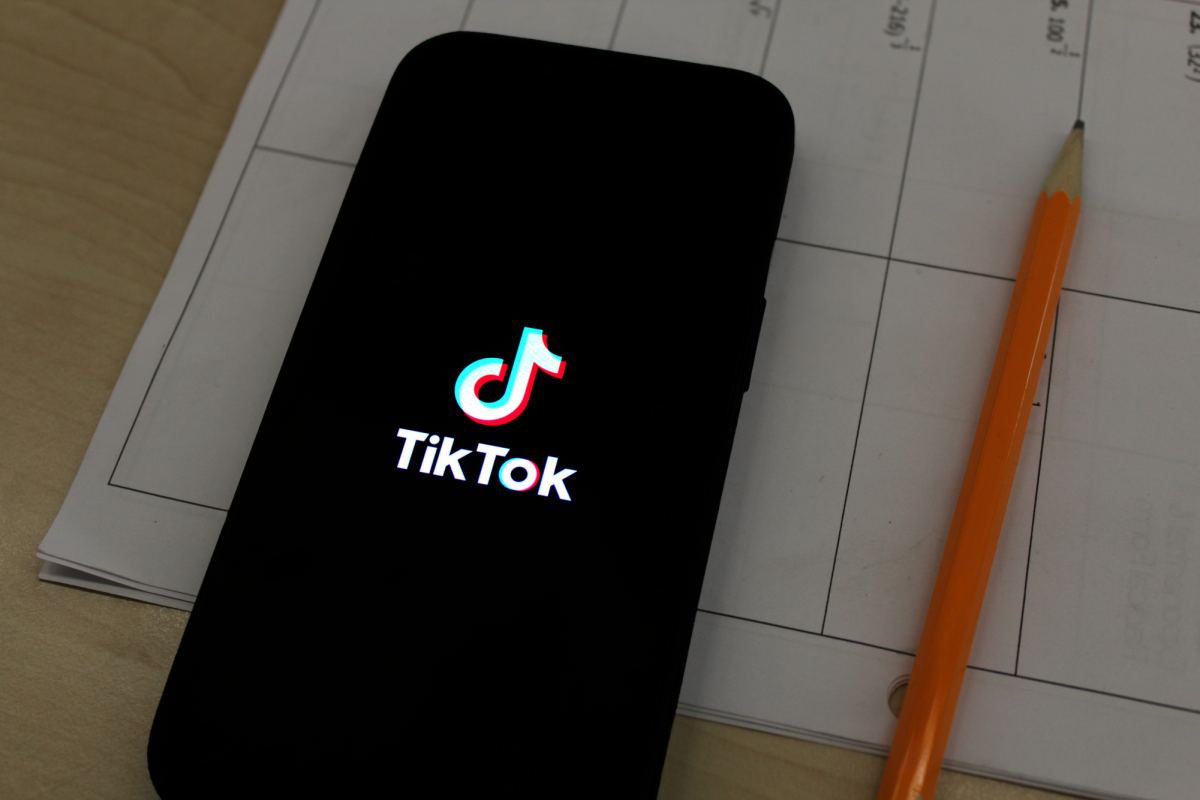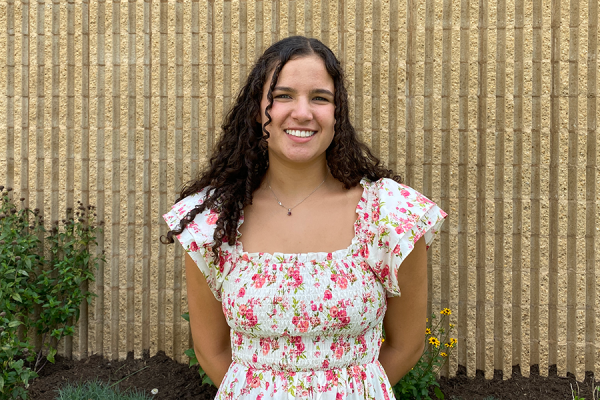I couldn’t figure out how to start this story, so I asked ChatGPT to. “In today’s digitally-driven world, artificial intelligence has found its way into nearly every facet of our lives, reshaping how we interact, learn, and communicate. Among the myriad AI innovations, ChatGPT has emerged as a prominent player, touted for its ability to assist, inform, and entertain. However, as with any technological advancement, it comes with its fair share of challenges and debates. One of the most recent and hotly contested issues has been the decision by several educational institutions to ban ChatGPT in the classroom.”
After its’ release earlier this year, many schools decided to ban AI as a precaution, including Western. At WAHS, anything flagged as generative AI is blocked on students’ computers. While some are embracing this gadget with open arms, others are more hesitant towards AI. Also known as Chat Generative Pre-trained Transformer, ChatGPT is a chatbot developed by OpenAI, trained to respond to a prompt and rapidly dispense a detailed response. Although this new technology sounds innovative and helpful, many fields are worried about the ramifications of it, especially teachers. Some educators see it as a new tool to use in the classroom, potentially as a personalized tutor, or to help create outlines. Other teachers, however, see it as a cheating tool that will stunt students’ learning by doing the work for them.
English teacher Bill Hughes is particularly concerned about the potential effect of ChatGPT on students’ writing abilities. “My job is to help high school students learn how to gather a bunch of information, assess what’s good about it, and then start to put things together and come up with their own creative thoughts about it. ChatGPT totally undermines all of that,” he says.
Hughes worries that instead of learning how to formulate essays themselves, high school students will plug their writing prompt into ChatGPT, avoiding writing anything themselves. “My concern is trying to get you all [students] to understand what it means to put together your own thoughts in smart ways, and to communicate those to somebody else. You’re not going to know what makes a good, smart thought unless you make it yourself first.”
High school is a crucial time in the development of writing abilities, and the concern is that ChatGPT will be used as an essay generator, replacing this critical growth. Both teachers and students are concerned that AI could have negative impacts that students would carry with them into college and the workforce. “Writing is kind of a practice makes perfect type of deal,” says junior Molly Streit, “so if you’re not practicing, and you’re just typing in a prompt, you’re not learning about literary devices or developing your own writing tone.”
However, ChatGPT seems to be raising fewer concerns in other departments. Science teacher Jordan Dudley is not as concerned about students using AI in class to cheat. Dudley sees ChatGPT as a greater concern for English or social studies teachers, as a student’s ability to cheat in her class is harder. “The way that we’ve worded some of our questions…we can tell if you’ve cheated on a question.” Dudley also finds the ban on ChatGPT in schools to be futile, as she believes some students will try to find ways to work around the policy. “It’s one of those things that if you tell somebody not to do something, they’re just going to find a way to do it. It’s just what people are good at, finding loopholes.”
Many WAHS teachers have long been using Turnitin, an AI detection software, for years to identify plagiarism from peers or from digital and textual sources. The role of this software has since evolved to also include recognizing content produced by ChatGPT. Problem solved, right? No. According to a Washington Post article, Turnitin inaccurately flags 4% of writing as having been generated by AI. This means that students could be wrongfully accused of using ChatGPT. The hope is that the ban on AI, combined with the use of Turnitin, will reduce the amount of students using software like ChatGPT to cheat.
Although many educators are concerned about ChatGPT in schools, some have accepted the idea that it might become a part of the curriculum. Principal Jenn Sublette says that the emergence of ChatGPT is very familiar. Sublette likened it to the creation of the Internet in the 2000’s, and how similar teachers’ reactions were to the new technology. “I started teaching right when the internet came on board…and at the time, it was the same thing. How are we going to use this? Our kids are going to cheat. And yet at the same time, as a social studies teacher, it opened up the world.” Although many had their reservations about the Internet, Sublette recalls how useful the new technology became.
Sublette is trying to continue the open-mindedness she had then. She realizes that an automatically negative attitude towards ChatGPT won’t prevent it from being used by students and that it could be used productively in schools. “I’m pushing myself to not assume this is nothing but a threat. I have to make sure that I’m really opening my mind to the potentials and how we would harness it for productivity, and teach kids how to use it in a way that’s ethical.”



